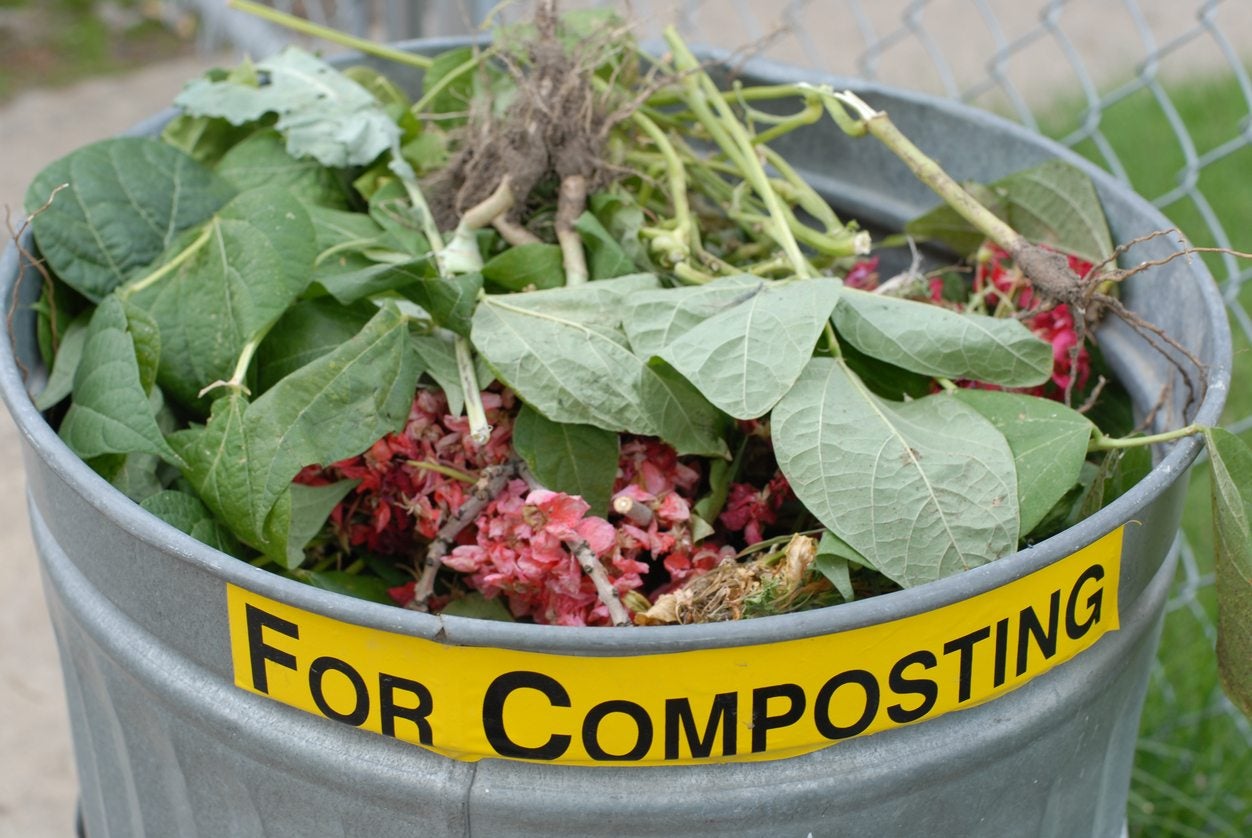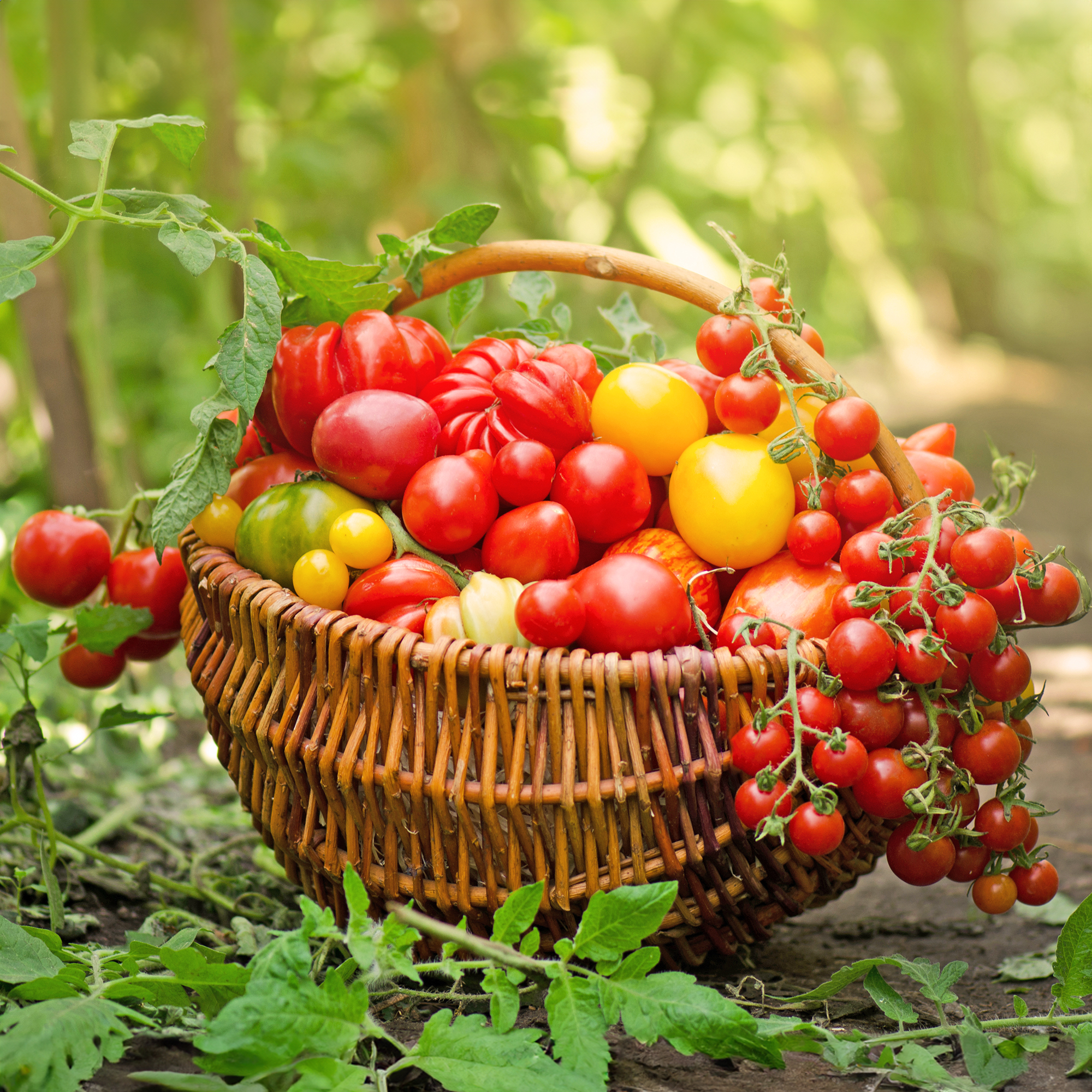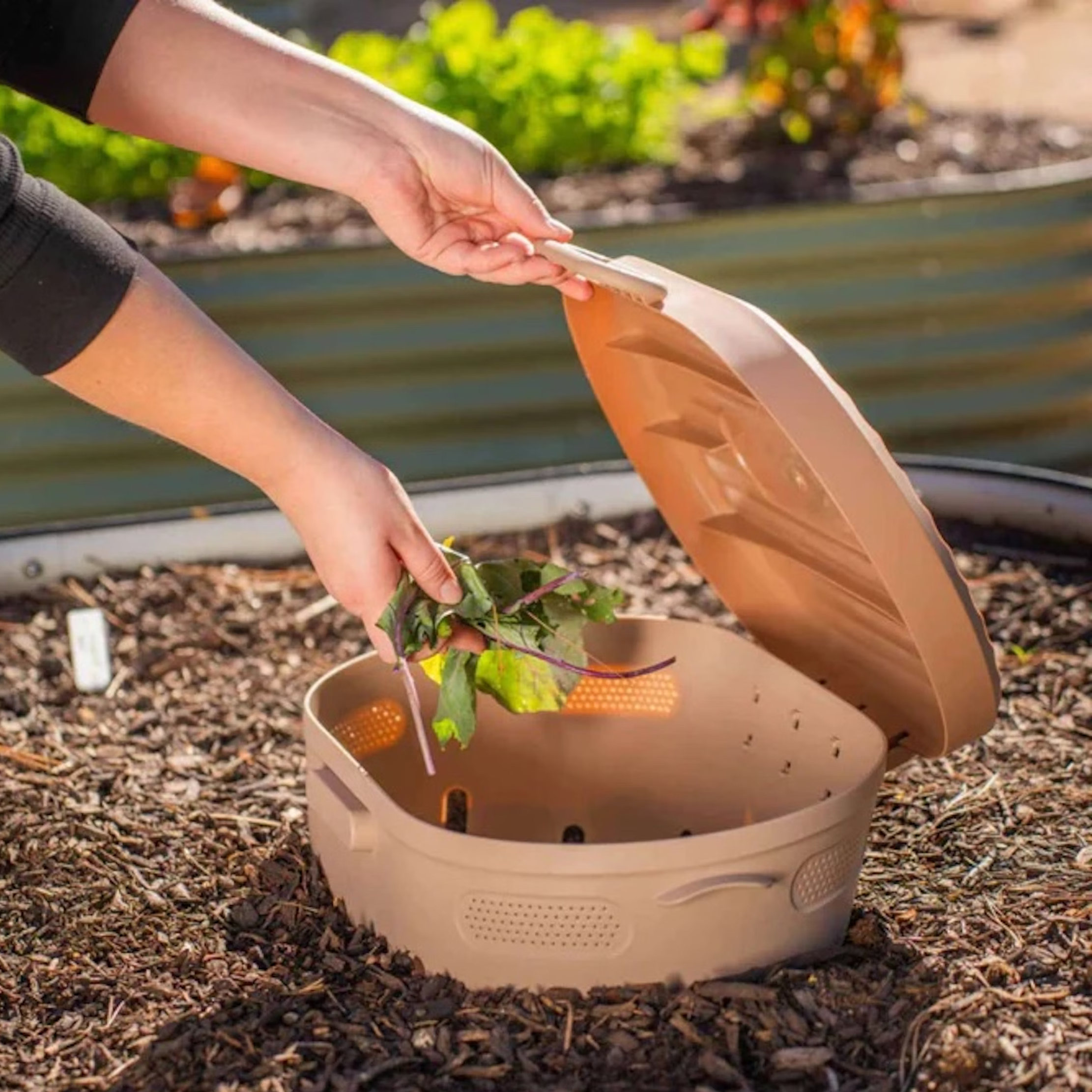Learn About Fast Ways To Compost: Tips On How To Make Compost Faster


Composting has become an important part of good stewardship and conservation. Many municipalities have a composting program, but some of us choose to make our own bins or piles and harvest the resulting nutrient-rich gold for our gardens. Making kitchen scraps and yard waste into compost faster can be done with a few tips and some good practices. Let’s learn how to make compost faster and have a good cycle of consistent plant material.
Fast Composting Tips
Simply leaving a pile of yard debris and kitchen scraps will result in compost after a while. However, the process can be sped up to just a few months if a few simple guidelines are followed. Fast ways to compost occur when the compost bin or pile is correctly managed. Getting compost to break down quickly starts with size and ends with management. The main items a compost pile needs are the proper carbon to nitrogen ratio, small surface area, aeration, moisture, and temperature. If you want to know how to make compost faster, the key is to manage these five factors carefully. Neglected compost piles tend to dry out, lose oxygen, which kills aerobic bacteria, and lose temperature. Keeping a careful balance of carbon and nitrogen is one of the most important fast composting tips. The two macro-nutrients essentially feed off of each other and provide the right environment for all the little bugs and organisms, which will help decay and consume the organic material. The right balance encourages the microbes that will be performing the decomposition task. The correct ratio is 30:1.
Getting Compost to Break Down Quickly
Faster breakdown occurs when pieces are smaller, and bacteria are encouraged with proper aeration and heat. The key is to keep pieces with a smaller surface area that bacteria and micro-organisms can attach onto and begin breaking down. Shred as much yard debris as possible and keep kitchen scraps no larger than an inch (2.5 cm.) in diameter. Speaking of size, in a compost pile situation, the material will decompose much faster in a large pile of at least 3 square feet (approximately .3 sq. m.). The way you layer the bin is one of the easiest fast ways to compost. Ideally, the pile will be directly in contact with soil, the next layer is organic, then soil, and so forth. Near the top, put a layer of manure and then more soil. The high nitrogen content of the manure and the direct contact with microbe-bearing soil organisms are crucial to speedy decomposition. The simplest fast compost method is nothing more than good management. If the pile is dry, cool, or has the wrong ratio of nutrients, it cannot do its work efficiently. Aeration is also crucial. Keep the pile moderately moist and turn it with a garden fork at least once per week.
Building a Fast Compost Station
If you are new to composting, the fastest method is the 3-bin system. This is where the compost is turned frequently and added all at once per unit. This allows one pile to break down before you add more organic material. Each pile is started individually, keeping newly added items from essentially starting the pile over again. You can also use a compost tumbler to the same effect. Add all material at once, then turn it at least once a week or once per day if it is handy. Mixing up the material and aerating it keeps it moist, warm, and the microbes active. If the material added is small enough, this method can achieve compost.
Gardening tips, videos, info and more delivered right to your inbox!
Sign up for the Gardening Know How newsletter today and receive a free copy of our e-book "How to Grow Delicious Tomatoes".

Bonnie Grant is a professional landscaper with a Certification in Urban Gardening. She has been gardening and writing for 15 years. A former professional chef, she has a passion for edible landscaping.
-
 Types Of Tomatoes Explained: Explore The Many Wonderful Shapes, Colors, Flavors, & Best Uses
Types Of Tomatoes Explained: Explore The Many Wonderful Shapes, Colors, Flavors, & Best UsesThe world of tomato varieties is vast and fascinating. Learn about the key types to grow in your garden, tailored to your preferences and space.
By Amy Grant
-
 Try The Trend – Turn Any Bed Into A Keyhole Garden With This Clever In-Ground Composter
Try The Trend – Turn Any Bed Into A Keyhole Garden With This Clever In-Ground ComposterKeyhole gardening is an efficient and sustainable practice that saves space. Get started on this DIY project quickly and easily with an in-ground composter.
By Bonnie L. Grant